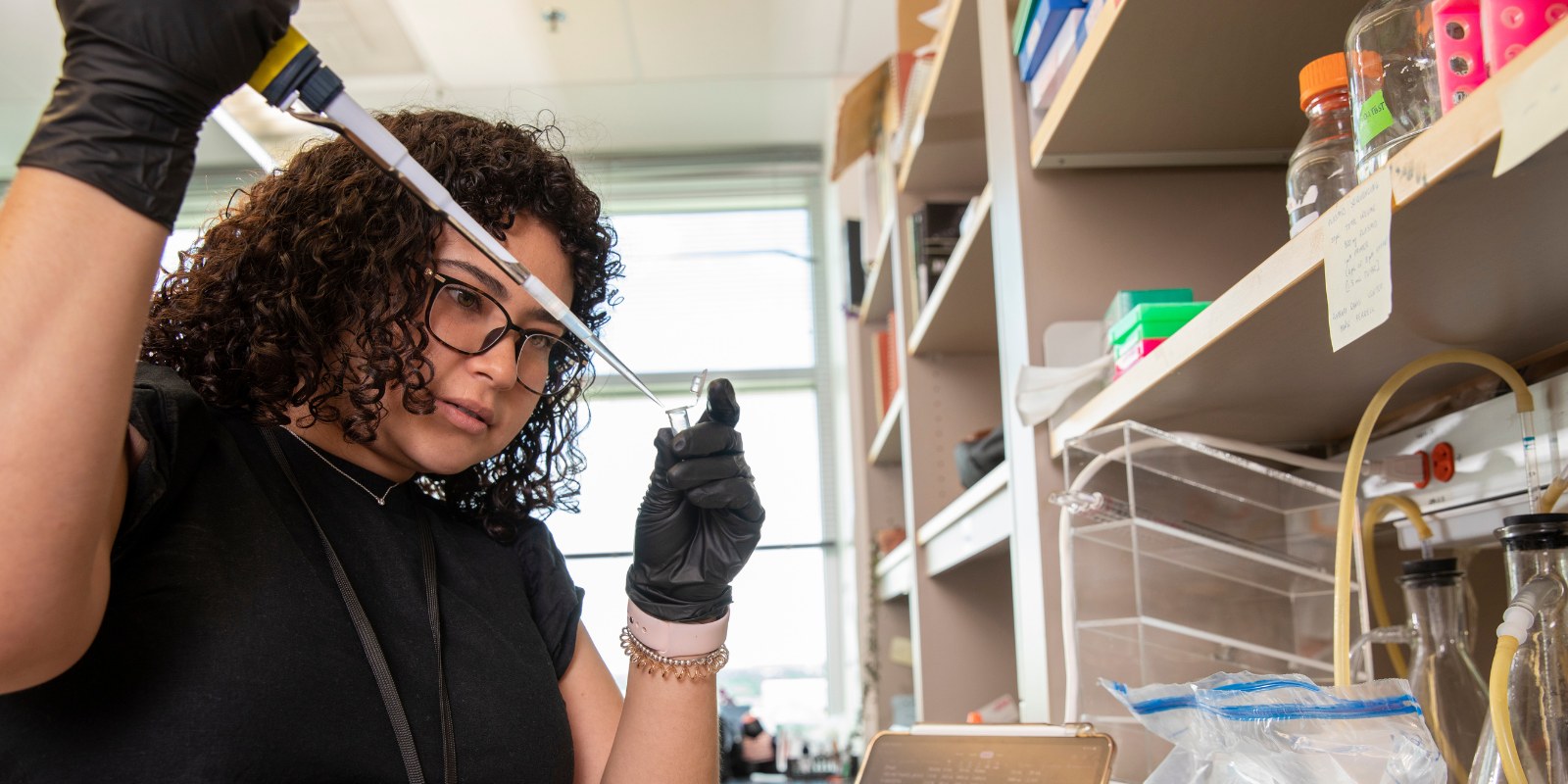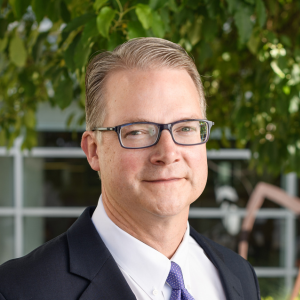What is a clinical trial?
A clinical trial is a highly regulated research study in which we look to develop a new treatment, a diagnostic tool, or a prevention tool for cancer. The goal is to advance the field and develop better techniques to prevent, diagnose, and treat cancer across the country and the world.
A clinical trial can give you access to treatments – whether that is a drug, radiation, or novel surgical technique – before they’re available to the general public. Granted, not every trial works and shows an improvement over the current standard, but all of the incredible breakthroughs that we've had in cancer over the last few decades have started in clinical trials.
What’s an example of a clinical trial that made an important difference?
About eight or nine years ago we had several patients who had a subtype of stage 4 colorectal cancer, called “microsatellite high,” that turned out to be exquisitely sensitive to immunotherapy. In our cancer clinical trial program, we had these amazing novel immunotherapy drugs, now called pembrolizumab and atezolizumab, which had dramatically improved refractory colorectal cancer patients with this subtype. None of this had been published, but rather it was word of mouth with other scientists across the country.
We literally had patients who were in hospice when we found they were this particular subtype, and through several trials we were able to give them access to these drugs, and they had miraculous responses. Even if the cancer had spread all over their body, their immune system could be turned on to attack the cancer and stop it in its tracks.
These were people who were supposed to live less than two years from their original diagnosis, and now, as far as we can tell, they’re cured. To see patients get that kind of incredible benefit from clinical trials is so heartwarming.
→ More about clinical trials underway at the CU Cancer Center.
Why is the CU Cancer Center a good choice for clinical trials?
We are a very large center, and we’re the only academic center in the state of Colorado and within about 370 miles of Aurora, so we’re one of the few available avenues for patients here to access the most promising treatments in the world.
We also have a very large infrastructure. We do high quality work. We are among a few sites in the United States that participate in studies that are open across the world. And because we keep advancing the field with clinical trials, our treatment keeps getting better and better.
Through clinical trials, our doctors, nurses, pharmacists, and other staff gain experience with new drugs and technologies years before they are FDA approved, so we know how to handle side effects and dose adjustments out of the gate when they become widely available.
→ You Just Got a Cancer Diagnosis. Should You Get a Second Opinion?
Are cancer clinical trials only for people diagnosed with cancer?
No, there are numerous trials that look at novel screening techniques for cancer, such as CT scans or blood-based testing. Also, there are trials looking at things that can be done to prevent cancer in the first place, like whether taking aspirin could reduce the risk of colorectal cancer, or the benefits of exercise and diet in reducing cancer risk. Screening and prevention studies can be very important to decrease the overall burden of cancer.
→ Top 10 Ways You Can Prevent Cancer
When someone is diagnosed with cancer, at what point should they and their doctor talk about participating in a clinical trial?
That’s a conversation to have every step of the way. Even if it’s a very early stage of an easily curable cancer, there are clinical trials on potential treatment options to decrease the chance of recurrence of that kind of cancer, for instance. If someone is diagnosed with advanced incurable cancer, there are clinical trials for patients who’ve never been treated before. If someone has been under treatment for a while, there are trials for patients who’ve received all the standard therapies. And there are often clinical trials for various situations in between.
What happens before an experimental treatment goes to a clinical trial?
Before something ever reaches a trial, there’s been a ton of work and evaluation put into it. It’s not like someone’s just throwing spaghetti on the wall and hoping it sticks. Usually, hundreds of millions of dollars and years of work go into it by the time you get to clinical trials.
You have to develop a target for a drug. Then, you have to develop a “lead compound” drug. Following that, you have to optimize that drug through a lot of medicinal chemistry or protein engineering. Then, you have to test if it’s safe in animal models, and test how it’s handled by the human body through things like cell line experiments. Is it doing what you want it to do? Does it have drug interactions, or effects on the heart or other normal organs? All of that goes into it before it gets to cancer patients.
Finally, we go through an institutional review board that carefully looks at the study, and the clinical trial protocols can be hundreds of pages. We have a scientific review committee at the CU Cancer Center for this function. Also, the Food and Drug Administration oversees clinical trials, and we have a data safety monitoring committee that reviews toxicities and audits the quality of the study.
What are some common misunderstandings about clinical trials?
I think some patients believe we’re winging it with these studies, when, in fact, the amount of regulation and oversight we have is staggering. Once a trial is underway, monitors come in from both the government and from industry sponsors to look at the data and make sure that we’re following the protocol exactly. And patients are watched very closely because we need to know any and all possible adverse events.
Another thing is that a lot of patients assume there’s going to be a placebo given to some people. Actually, most of the studies we do at the CU Cancer Center are not placebo trials. We have over 600,000 square feet of lab space on campus, hundreds of investigators, and enough infrastructure to do more complex, earlier phase trials where everyone gets the drug.
And even in studies where not everyone is in the experimental group, if someone is supposed to be getting an active treatment, they get the FDA-approved, safe and effective standard of care for their cancer. The experimental group gets the standard of care plus something else, or perhaps a new standard.
When patients agree to participate in a clinical trial, in addition to potentially benefiting from a new therapy, is it important to them that they’re contributing to cancer research?
It’s very meaningful to a lot of patients that, if they’re in a trial, they’re going to be helping other patients, no matter what. We need to know whether these new therapies are going to work to prevent, diagnose, or treat cancer. If we knew the answer, we wouldn’t need a trial. Anything we accomplish today builds on the shoulders of patients who participated in clinical trials in the past. And that means a lot to patients who agree to participate, because they’ll know that they’re helping patients who come after them.





